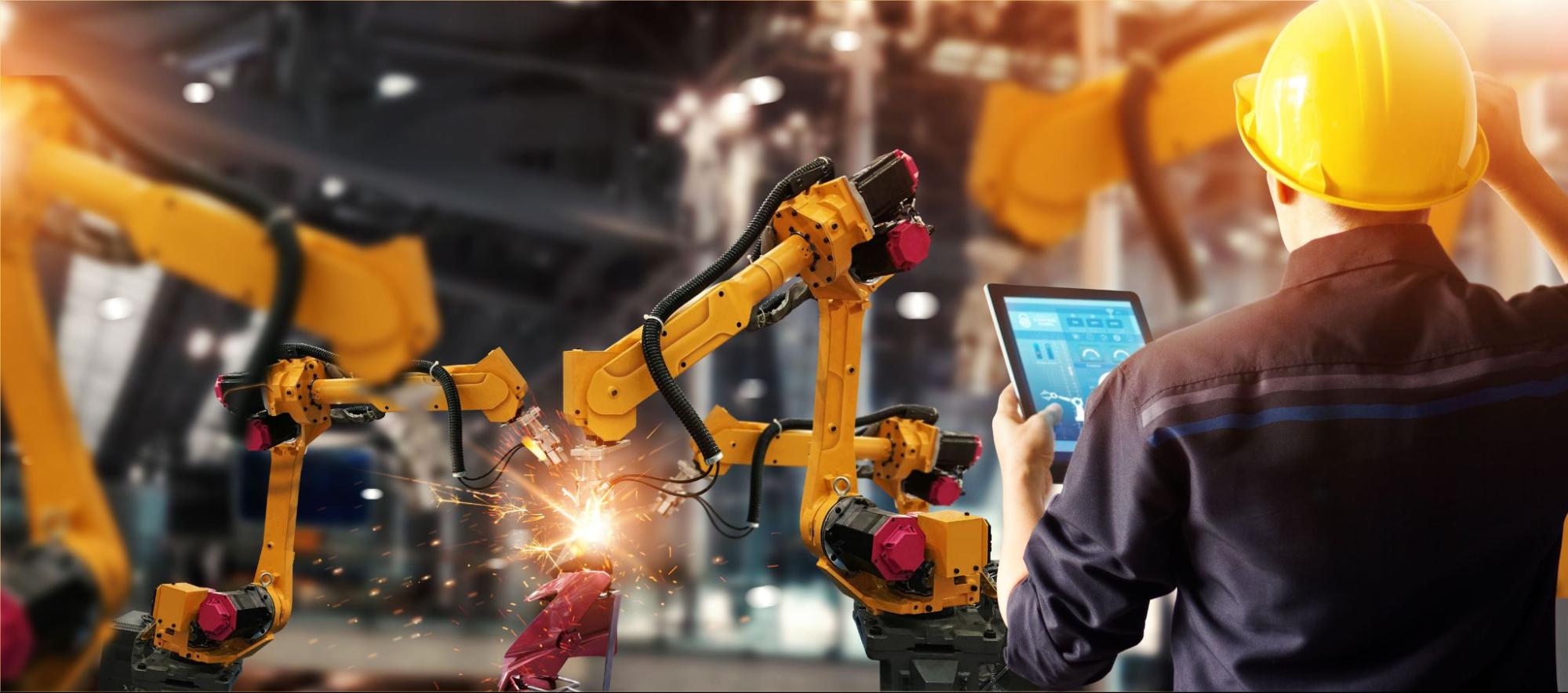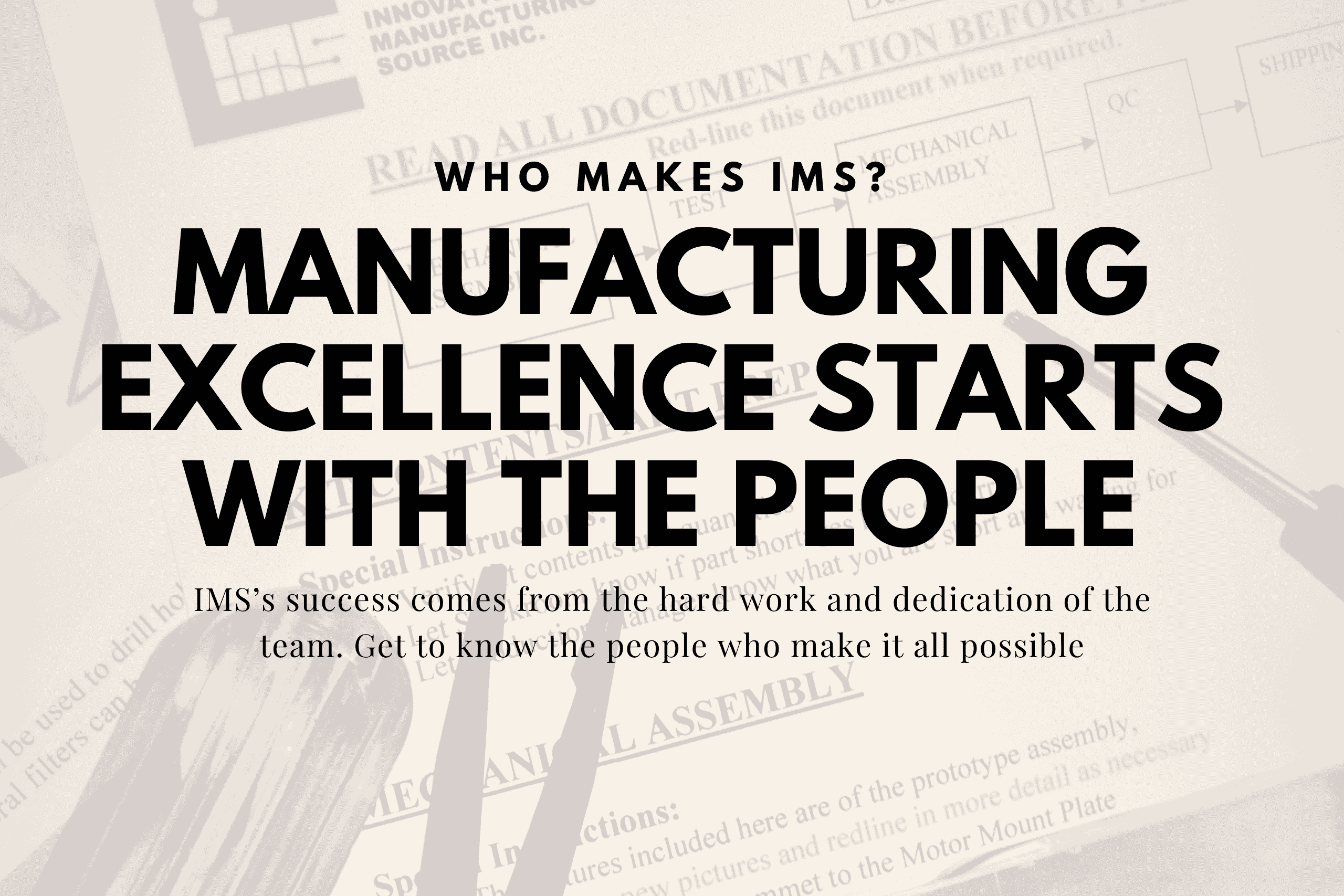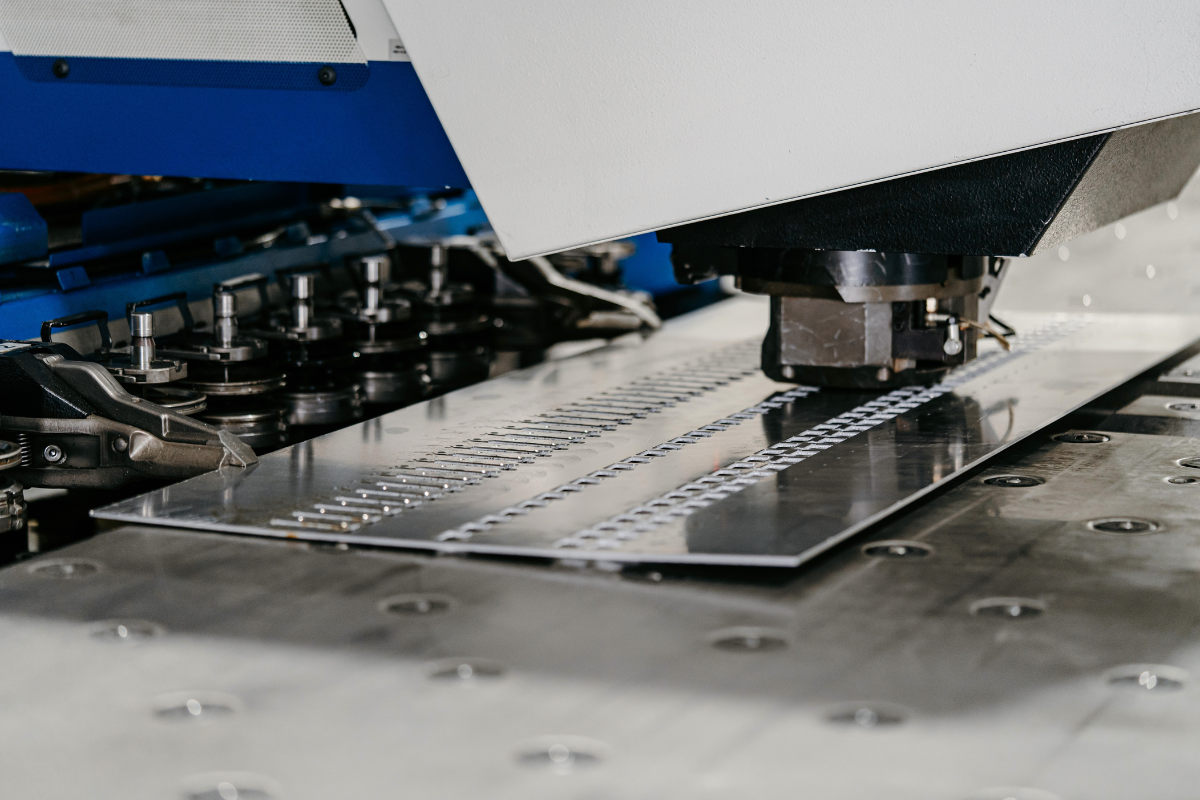The advent of new technologies, increasing demand for customization and the push for improved efficiency is bringing about a change in the manufacturing sector. In an attempt to remain competitive in a rapidly changing world, manufacturers are embracing digital transformation as a significant opportunity for growth and innovation. A new era of digitalization, data-driven decision-making and smart automation is here. These changes enable the creation of more sustainable and environmentally friendly production processes.
What is digital transformation in manufacturing?
For manufacturing companies, digital transformation involves integrating digital systems to make conventional manufacturing processes more effective and automated, with the aim of boosting production processes. This can be a comprehensive approach or a piece-by-piece implementation where software applications and digitization are the drivers. The goals of digital transformation include reducing costs, maximizing revenue, improving operational efficiency, increasing the quality of goods, improving customer satisfaction, enhancing shareholder value, assisting adaptation to changes and creating a competitive advantage. Digital transformation is a powerful tool for companies who wish to achieve transformative goals.
What are the challenges of digital transformation in manufacturing?
There are a number of difficulties that may be encountered when digitally transforming manufacturing processes.
- The skills gap: Digital skills are necessary to successfully implement digital transformation. Many manufacturing companies lack employees with the necessary skills for undertaking the changes; adopting artificial intelligence, cloud computing, big data analytics, the internet of things, business networks, etc.
- The cost of adopting new technologies: Digital transformation requires a large initial investment for a long-term return. Many manufacturing companies are risk averse making digital transformation a scary undertaking.
- The threat of cyber attack: An ever-increasing number of cyber attacks are aimed at the attractive, vulnerable manufacturing industry. Manufacturers need to increase employee awareness of cybersecurity and learn how to protect themselves. They must build an information system that prevents data leaks.
- IT issues: When undertaking digital transformation, the IT department of a manufacturing company is responsible for transferring data, ensuring security/access and other tasks presently unfamiliar to them. IT employees will need different and/or more training than previously required.
- Employee pushback: Workers like routines; their comfort zone. Sometimes they fear that technology will change/replace their jobs and therefore they resist digital transformation. Technology is unlikely to replace their jobs, but will likely reshape them. There is a need to provide sufficient resources to train/re-train employees and an increased need for skilled workers. It’s useful to recruit change agents that believe in the idea of transformation and help management convince employees of the benefits of planned changes. It’s also important to keep employees engaged in the process.
- Lack of innovation initiatives: There are insufficient innovation initiatives and programs (incubators, accelerators, etc.) in the industry to assist/fund/support the digitizing of manufacturing. The initiatives that already exist are confusing and overlap with each other. There’s also a lack of collaboration between manufacturing firms and universities/research centers.
- Changing the organizational structure: Digital transformation often requires more than a change in employee routines. Sometimes it means changing roles, new departments and/or an overhaul of organizational structure. Though these innovations are necessary/beneficial, they’re not always easy to accomplish.
- Managing the budget: Budgetary restraints sometimes limit the speed and/or completion of a digital transformation. It’s wise to develop a phased plan.
What are the opportunities/benefits offered by digital transformation in manufacturing?
There are numerous “upsides” to digital transformation in manufacturing.
- Reduced costs: Digital transformation improves asset efficiency and support-worker productivity while reducing overhead, lowering production costs and streamlining after-market service. It reduces inefficient energy use and lowers the incidence of prolonged downtime.
- Improved service quality: Digital transformation enables companies to deliver closed-loop quality through strategies and technologies that reduce rework and scrap, increase traceability/consistency of data management and improve first-time fix rates.
- Reduced time to market: Digital transformation aids acceleration of product development/manufacturing and supply chain execution. Digital threads ensure accurate product/process information is available to the right person, at the right time, in the right context. Simplified access for users eliminates bottlenecks and streamlines collaboration.
- Revitalized growth: Digital transformation is focused on identifying new avenues for profit in the form of new products, new business models, additional revenue streams and/or additional throughput and yield.
- Improved customer experience: Digital transformation results in better service, improved product quality, more innovative products/features and often faster delivery. Your customers will be appreciative! Digital transformation also enables closed-loop engineering making real-time product performance and usage data available to developers, enhancing design improvement and aligning products with customer preferences.
- Enhanced company culture: Digital transformation shapes the employee experience and supports retention and recruiting. It’s inspiring to work for a company that is embracing new technologies! Daily employee tasks are often improved, streamlined and/or enhanced. Digital transformation often offers flexibility in day-to-day roles and may allow for working remotely.
- Increased sustainability efforts: Digital transformation has an impact on the design and engineering of products, contributing to the possibility of a more sustainable future as engineering decisions affect manufacturing, use, service and disposal. Digital transformation often allows for the reduction of material and energy consumption, lowers emissions and reduces waste throughout the product life cycle. Technologies provide greater insights into inefficiencies, enabling data-driven decisions that optimize operations and improve resource utilization.
- Improved collaboration: Many digital transformation strategies and technologies improve collaboration within teams, across teams and with partners and vendors. Companies can be more flexible and responsive, delivering higher quality products in less time. The adoption of cloud-based tools enables more frequent and flexible communication. Solutions are more easily accessible by distributed and remote teams, enabling real-time collaboration and reducing friction between departments.
- Improved compliance: Regulatory compliance related to greenhouse gas emissions, safety, quality, distribution and other industry-specific regulations is increasing for manufacturers. Companies require greater visibility and access to data regarding products, processes and performance. Digital transformation technologies support these needs.
- More data-driven decisions: Digital transformation provides more complete, accurate and contextual information, resulting in improved decision-making that targets inefficiencies and helps businesses better understand their customers.
- Reduced downtime: Digital transformation enables more predictive maintenance, allowing for greater equipment reliability and more timely corrective actions.
Though digital transformation faces many challenges in the manufacturing industry (digital skills gap, adoption of new technologies, changes in management practices, lack of innovation initiatives, etc.), success stories abound. Many companies have leveraged new technology, data and analytics to drive innovation, improve operations, increase revenue and remain competitive in a rapidly changing business environment. Additionally, these changes enable the creation of more sustainable and environmentally friendly production processes.
Interested in digital transformation for your manufacturing processes? Contact Calgary-based Innovative Manufacturing Source (IMS). Our team of knowledgeable, skilled, dedicated people offer unsurpassed service and product. We serve you through in-house manufacturing capabilities completed on state-of-the-art equipment. Call us at 403.279.7702 Let us be your premier partner and provider of Electronic Manufacturing Services for all of your manufacturing needs. We support customer-specific requirements on all our products.




